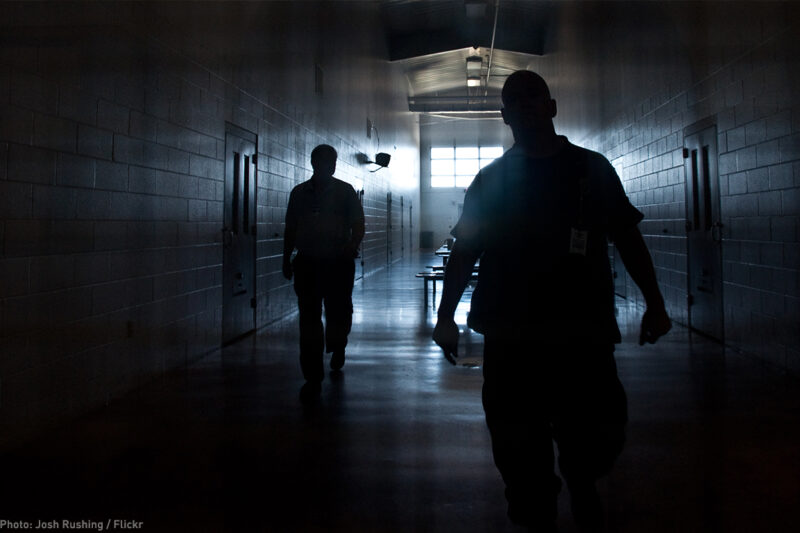
Last night, Texas executed Mark Stroman for a string of hate crimes against men he thought were Arab-Americans, including two murders, in the wake of the September 11 attacks. Texas went through with the execution despite a powerful plea for clemency from a surviving victim of Stroman’s attack, Rais Bhuiyan. Joined by family members of the deceased victims, Bhuiyan called on Texas Gov. Rick Perry and the Texas Board of Pardons and Paroles to halt Stroman’s execution and commute his sentence to life imprisonment without parole. Bhuyian, drawing from his Muslim faith, wanted to do more than forgive Stroman, he wanted to save his life.
Unfortunately, in the eyes of the Texas officials who rejected clemency for Stroman, Bhuiyan became, as we warned against last week, another irrelevant victim. Had Bhuiyan supported the death penalty, it’s much more likely he would have had a seat at their table.
The Texas Department of Corrections also denied Bhuiyan the opportunity to meet with Stroman before his death, though the Texas Code of Criminal Procedure guarantees him that right as a crime victim. Bhuiyan challenged the denial in court, but his “poignant testimony was cut short” last night by order from the Texas Court of Criminal Appeals.
One of the jurors in Stroman’s trial also came forward to speak out against his execution and expressed her deep regrets in participating in the decision to sentence Stroman to death. She had no idea that Bhuyian and relatives of the other victims wanted to forgive Stroman, and, in fact, had the opposite impression based on the prosecution’s presentation of the case. Gov. Perry ignored her calls too.
The State of Texas may have taken the life of Mark Stroman yesterday, but it can not take away Rais Bhuiyan’s courageous message of extraordinary compassion and forgiveness. The story of this relationship born of the hatred of one but ending in reconciliation is a lesson for us all, and Bhuiyan’s quest to end the cycle of hatred and violence in this country will live on.




